detail profile charblay
Peran Yang Di Mainkan Charblay
 In this little Provencal village a...
In this little Provencal village a...The Baker's Wife 1938
In this little Provencal village, a new baker, Aimable, settles down. His wife Aurelie is beautiful and much younger than he. She departs with a shepherd the night after Aimable produces his first breads. Aimable is so afflicted that he can not work anymore. Therefore, the villagers, who initially laughed at his cuckoldry, take the matter very seriously (they want the bread) and organize a plan to find Aurelie and to bring her back to the bakery.
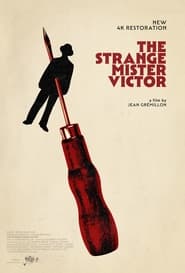 Outwardly Monsieur Victor would appear to...
Outwardly Monsieur Victor would appear to...The Strange Monsieur Victor 1938
Outwardly, Monsieur Victor would appear to be the model citizen. A respectable Toulon shopkeeper, he has a devoted wife and is courteous and considerate to all who know him. However, beneath this veneer of respectability hides a notorious receiver of stolen goods, who trades with hardened criminals. Victor manages to keep up his double life without any difficulty until the fateful day when one of his partners in crime threatens to expose him. Fearing a scandal, Victor kills the crook in a moment of panic, using a shoemaker's tool. Naturally, the murder is blamed on a local shoemaker, who is sentenced to ten years' hard labour. Seven years later, the former shoemaker reappears in Toulon, having escaped from prison. The first person to recognise him is Monsieur Victor...
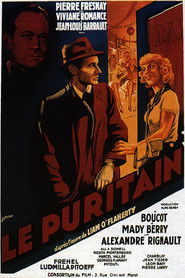 A religious fanatic finds his entire...
A religious fanatic finds his entire...The Puritan 1938
A religious fanatic finds his entire life and philosophy turned upside-down as he falls in love with a girl and kills her in a jealous rage. His search is for peace of mind and a desire to justify the murder of the girl to himself. His mind becomes distraught as he gropes trying to rationalize his deed and his world falls apart around him. A police inspector patiently and tirelessly stays on Barrault's trail, without putting him under arrest, though convinced he is the murderer, and waiting for the moment when he feels Barrault will break under the strain of his own religious fanaticism.
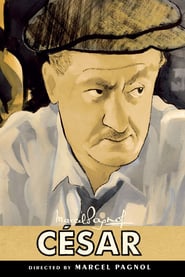 Honor Panisse is dying cheerfully with...
Honor Panisse is dying cheerfully with...César 1936
Honoré Panisse is dying, cheerfully, with friends, wife, and son at his side. He confesses to the priest in front of his friends; he insists that the doctor be truthful. But, he cannot bring himself to tell his son Césariot that his real father is Marius, the absent son of César, Césariot's godfather. Panisse leaves that to Fanny, the lad's mother. Dissembling that he's off to see a friend, Césariot then seeks Marius, now a mechanic in Toulon. Posing as a journalist, Césariot spends time with Marius and leaves believing tales he is a petty thief. Only after the truth comes out can Marius, Fanny, César, and Césariot step beyond the falsehoods, benign though they may be.

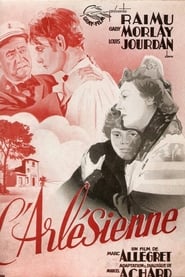 In the Camargue a local young...
In the Camargue a local young...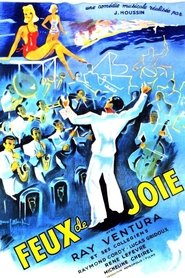 Once their military service is over...
Once their military service is over... A pompous grocers assistant in Marseille...
A pompous grocers assistant in Marseille...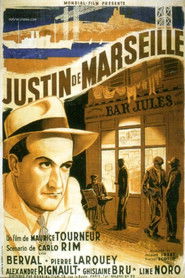 A respected gangster Justin finds himself...
A respected gangster Justin finds himself...